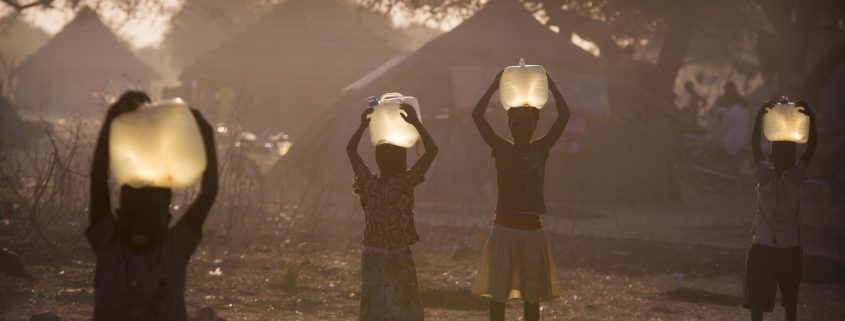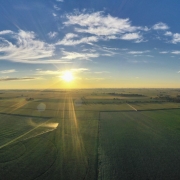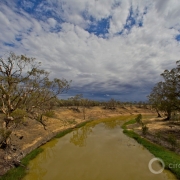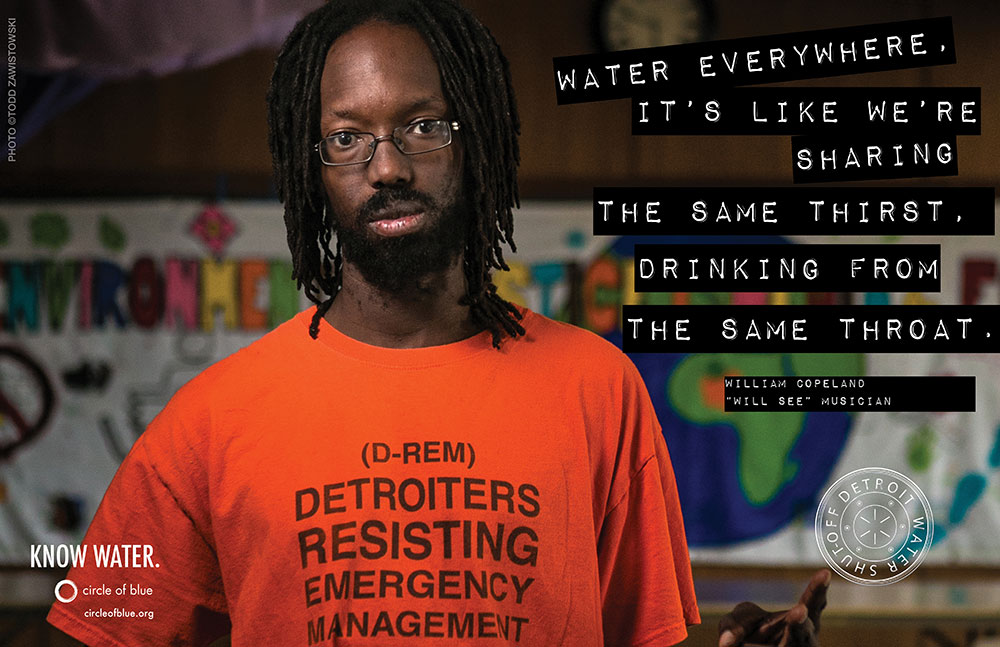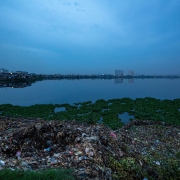HotSpots H2O, April 4: Conflict and Drought Leave 27 Million Without Clean Water
The Global Rundown
Conflict and drought have left 27 million people in Nigeria, Somalia, South Sudan, and Yemen without safe drinking water. Officials in the Indian state of Telangana hope to deter human-animal conflict by digging water holes for wildlife. Ongoing fighting in South Sudan is causing food insecurity and water scarcity even in relatively peaceful regions of the country. As the Iraqi army battles to retake Mosul, United Nations Secretary General calls for an increase in assistance for the thousands fleeing the city. After weeks of negotiations, aid reached Yemen’s Mokha district, where fighting has displaced nearly 50,000 people and cut off supply routes.
“UNHCR’s field staff reported many (people) were traumatized and living in desperate conditions, lacking water and sanitation and sharing limited resources with local host communities.” –UNCHR spokesperson Matthew Saltmarsh, in reference to the displaced people in Yemen’s Mokha district, where fighting has intensified over the past six weeks. After lengthy negotiations with the warring parties, aid organizations were allowed to distribute wash buckets, sleeping mats, and other resources to those in need. Reuters
By The Numbers
27 million Number of people without access to safe drinking water in Nigeria, Somalia, South Sudan, and Yemen, according to a UN press release. Fighting has destroyed up to 75 percent of water infrastructure in these nations and waterborne diseases such as cholera have already claimed many lives. UNICEF
355,000 Number of residents who have fled Mosul, Iraq, during a six-month campaign by the Iraqi government to recapture the city from Islamic State. After touring several DP camps near Mosul, UN Secretary General Antonio Guterres urged the international community to provide more aid for those stranded in the camps, where resources are spread thin. Reuters
Science, Studies, And Reports
Peaceful areas of South Sudan are being crippled by the conflict raging in other parts of the country, according to a UN report. Crop failure, unstable markets, and blocked supply routes are causing resource shortages even in South Sudan’s stable regions. UN News Centre
On The Radar
Human-animal conflict over water is expected to increase this summer in Telangana, India. In an attempt to avert the conflict, Telangana forest officials are digging ‘saucer pits,’ which fill from underground water sources and provide alternative drinking holes for local wildlife. The New Indian Express
Kayla Ritter is a recent graduate of Michigan State University, where she studied International Relations and Teaching English to Speakers of Other Languages. She is currently based in Manton, Michigan. Kayla enjoys running, writing, and traveling. Contact Kayla Ritter

